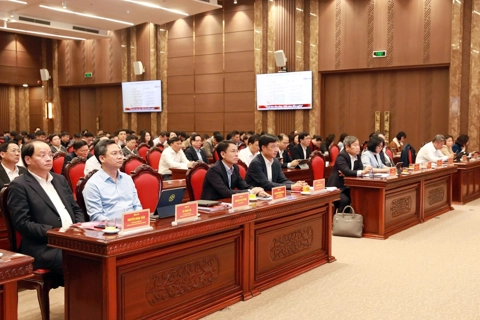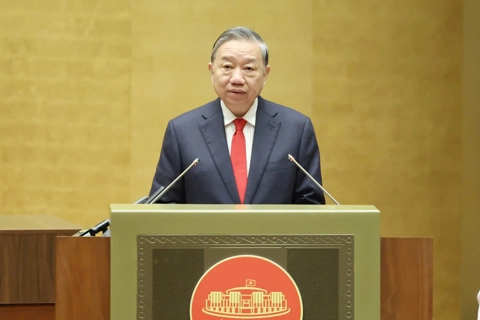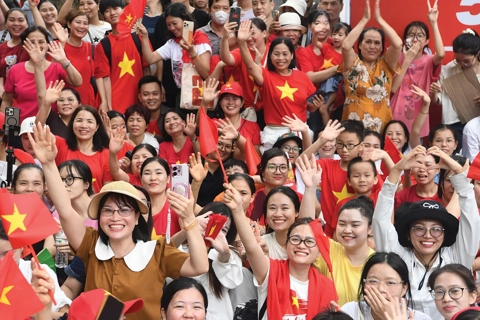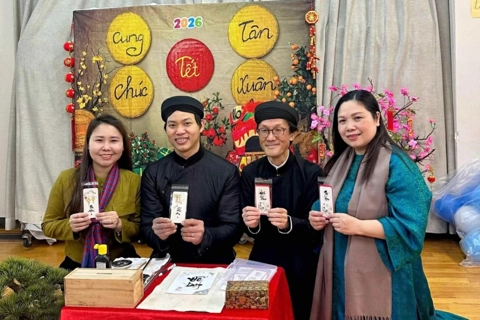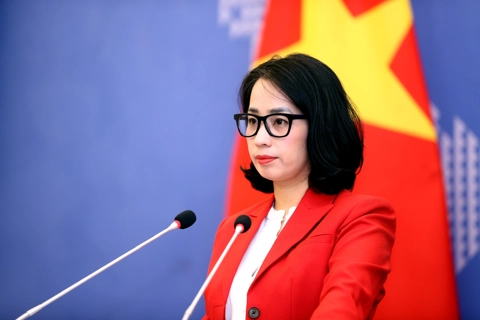India - a mysterious land yet to be explored
It is a vast country, extremely diverse, culturally rich, and will not disappoint those who have a taste for new things.
The first thing that catches the eye of anyone coming to India for the first time is the ancient structures, not only in New Delhi and its surrounding areas but also scattered throughout the country.
The most famous monuments in India are the masterpieces of Mughal architecture, such as Humayun's Tomb in New Delhi and the marble tomb of the Taj Mahal, considered one of the new Seven Wonders of the World, in Agra, 200 km from the capital, built by the Mughal emperor Shah Jahan to honor his love for his late wife. There are also many magnificent forts and palaces, such as the Red Fort in New Delhi, Agra Fort, Jaisalmer Fort and Amber Palace in Jaipur, all of which are well worth a visit in the vicinity of the capital.
| The marble tomb of the Taj Mahal, considered one of the new Seven Wonders of the World. |
Most temples, richly decorated with sculptures of gods, dances and epic stories, reflect the ancient architecture. The Akshardham temple, a complex of Hindu architecture with thousands of exquisitely carved white stone statues, is the most famous in New Delhi. Other must-see ancient temples include the Temple of the Sun in Konarak, Orissa, and the Temple of Khajuraho, a UNESCO site in central India known for its erotic sculptures of men and women. In southern India, the Tirupati Balaji Temple is the world's richest Hindu temple, with total assets of $27.56 billion. This temple, dedicated to Lord Vishnu, attracts about half a million pilgrims daily during festivals, making it India's most visited Hindu holy site.
A famous Sikh monument not to be missed is the Golden Temple, located in the state of Punjab. It is inlaid with pure gold donated by Sikhs. Also worth seeing are the step wells, such as the "Queen's Step Well" Rani ki Vav in Patan, north of Gujarat, which has been declared a UNESCO World Heritage Site.
| For anyone coming to India for the first time, ancient structures are certainly the first thing that catches the eye. |
Vietnamese Buddhists often make pilgrimages to the Four Holy Places, including Bodgaya, where the Buddha attained enlightenment; Vanarasi, where the Buddha preached; Lambini (Nepal), where the Buddha was born; and Kushinagar, where he died and attained final nirvana. Besides, other masterpieces of Buddhist architecture cannot be overlooked, such as the complex of Buddhist monasteries carved into the rock in the Ajanta and Ellora areas near Mumbai, or the Great Stupa of Sanchi, built by Emperor Ashoka near Bopal in central India.
What is the best time of the year to visit India? In general, India is very hot in the summer, both in the south and the north, although it is cooler in the central highlands such as Pune and Bangalore. Therefore, the best time to visit India is during the winter, from October to the end of March. This is also when India's vibrant festivals take place, starting with the Dussehra festival in October, when plays are staged to retell the story of the Ramayana, and followed by the Diwali festival of lights, which is celebrated as grandly as the Vietnamese Tet holiday, with colored lights everywhere, fireworks in the sky, and people excitedly giving each other gifts. Other popular traditional festivals celebrated throughout much of India in February include Vasantpanchami, in honor of Sarasvati, the goddess of learning, and the Holi festival in March, when caste is set aside and revelers throw colored powder at each other. During festivals, women often paint henna on each other's skin, not only for beauty but also for spiritual significance, sending each other good wishes. Winter is also an ideal time to explore hard-to-reach states in summer, such as Rajasthan, where special camel festivals are held in the desert.
| Ancient architecture is reflected in most of the temples, richly decorated with sculptures of gods, dances and epic stories. Photo: Incredible India |
Winter is also the time for sipping a cup of milk tea, 'chai', which is sold in every corner of India and helps to warm up in the cold. Indian cuisine, in general, is very spicy, and each dish has a very specific masala smell, which is difficult for Vietnamese and foreigners to enjoy right away, but if you want to explore, you can start by trying a simple, easy-to-eat and delicious dish: "Nan" made with white flour, baked in the oven and topped with a layer of very fragrant onion butter, served with a red bean sauce called dal. You can expand your Indian culinary explorations with other easy-to-eat dishes like Indian fried chicken or potato pies. Once you fall in love with Indian food, you can explore Indian curries made with lamb or paneer (young cheese). These dishes are rich in nutrients and have healing properties. When introducing Indian desserts, one must include cakes made of beans and milk, like Vietnamese mung bean cakes, but sweeter, milkier, and sometimes even inlaid with a thin layer of sparkling gold or silver, which is great for detoxification.
When exploring India, it is impossible not to notice some of the customs of the Indians. In general, Indians are very friendly and approachable; if you get lost, they will show you the way. The common greeting is Namaste and the more formal Namaskar; if you want to be more elegant, add the word Ji at the end of the greeting. Shaking hands and giving gifts should always be done with the right hand; the left hand is only used for cleaning. Otherwise, fold your hands across your chest and bow your head slightly, especially when meeting older people and women.
| No matter how many days or times you visit India, it will never be enough. |
Taking off one's shoes before entering a place of worship is also an obligatory practice, as they will bring dirt into a clean and holy environment. The top of the head is considered the most important part of the human body. Touching the top of someone's head is considered rude and insensitive. This is especially true of babies, children, the elderly, religious leaders, or statues of gods. Feet are considered the "dirtiest" part of the body, so never point the soles of your feet at another person, a temple, or a god. To avoid this, sit cross-legged or kneel on the floor while in a temple or shrine. If you must stretch your legs, stay away from sacred symbols. Never turn your back on a religious statue.
When giving gifts, avoid wrapping them in white or black paper because black represents anger, evil and negativity, while white is for funerals. Instead, choose red, blue or green, and avoid gifts made of leather, especially pigskin.
An Indian gesture that is very different from other parts of the world is the bobbing of the head, which means agreement, thanks or understanding, depending on the context of the conversation; it does not mean denial. If you want to get acquainted quickly, talk about baseball (cricket), which is very popular in this country. When parting, "goodbye" is often considered too definitive, so Indians often say "see you later" instead.
Do not be surprised to see cows in the street, even if they are blocking traffic, you must wait for them to pass. Cows are revered in India as a generous symbol of Mother Earth, providing the milk that sustains life. As a result, killing cows or eating beef is considered illegal in some states.
These are just a few things to discover and keep in mind when traveling in India. No matter how many days or times you visit India, it will never be enough.
Do not hesitate any longer, pack up your backpack and embark on an adventure to discover the one and only surviving mystery land on our world.


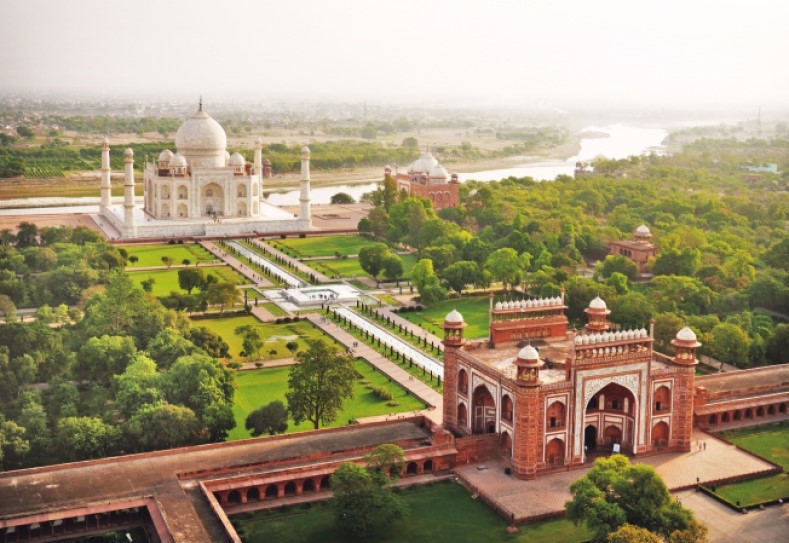
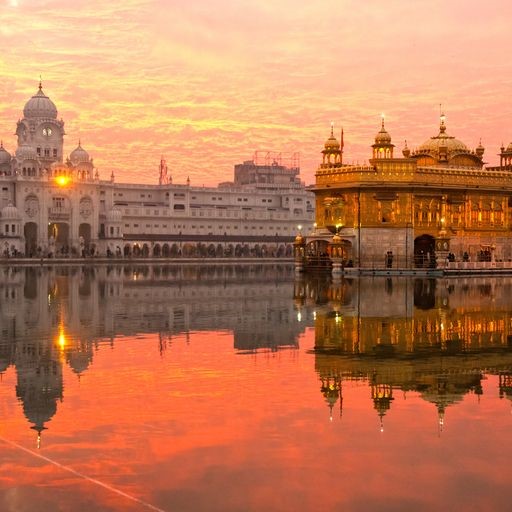
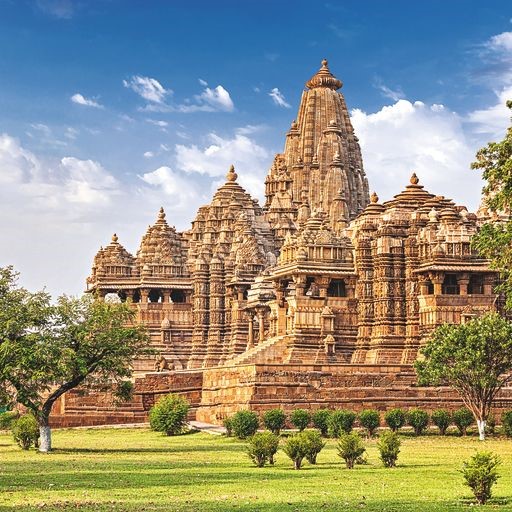
.jpg)





